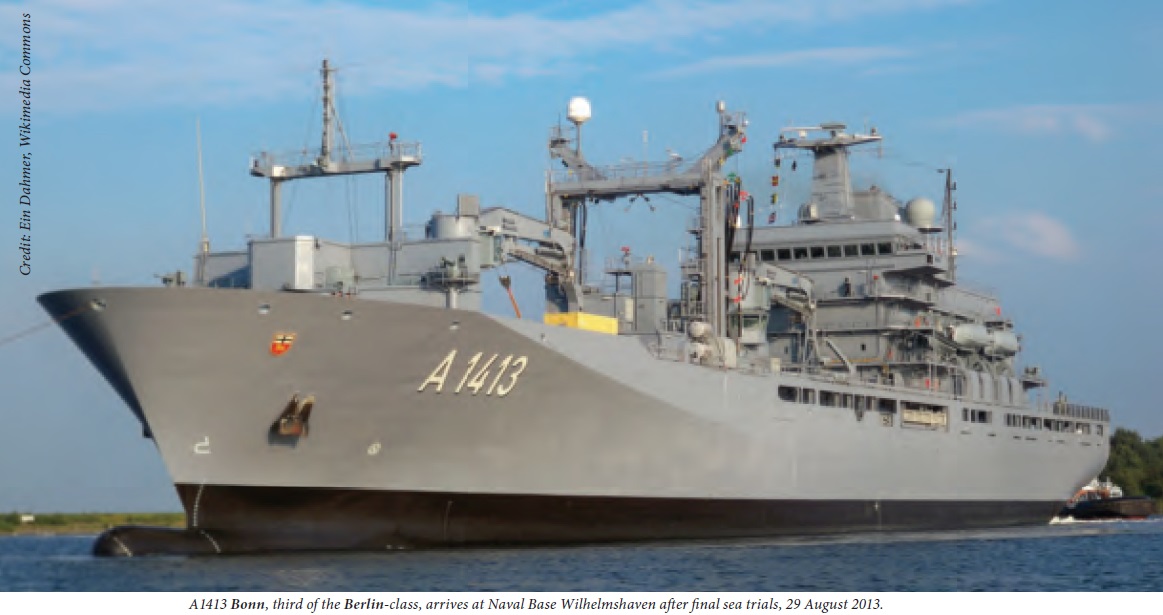I have just learned that the names of the two new Berlin-class ships are to be HMCS Châteauguay and HMCS Queenston. A news release of the announcement by MND Rob Nicholson can be found here.
It is well known that the Harper government has been pushing the War of 1812, thinking that it was somehow formative in our national history. Nicholson’s comment in the news release follows that general argument: “The War of 1812 was a defining moment in our nation’s history that contributed to shaping our identity as Canadians and ultimately our existence as a country.” I do not hold this view.
In my opinion, the War of 1812 was fought between Great Britain and the United States about the continuing British position in North America as part of their imperial empire. The enmity between Britain and America from their revolutionary break-up flared again, mainly over maritime issues. The outcome was a stalemate, after much slaughter and suffering: it did very little to change anything except leave a simmering distrust that lasted even until the start of the Second World War.
As a war of strategic importance, the War of 1812 was a minor affair. If you want a couple of defining moments from our national military history by which two Canadian naval vessels will be known around the world for at least the next 30 years, there are two obvious alternatives that should have been considered.
The first is Vimy Ridge. At that battle, Canada did something that the French and British could not. We fought as a unified Canadian contingent for the first time and suffered greatly, but succeeded magnificently. Whether you believe it or not, it is commonly said that Canada became a true nation on the slopes of that cratered and blood-soaked hill. I have had the experience of standing there to see the monuments and displays that try to portray what it was like. They fall short but the point is still well made. This was a very great moment for our nation.
The second is Juno Beach. At the landings in Normandy, the Canadian force was the only one to achieve its planned objectives and even advanced further. We were part of an enormous Allied operation that spelled the beginning of the end for the most odious and notorious dictatorship the world has ever seen. We did not shelter behind others in the assault: we led. Our troops, sailors and airmen succeeded brilliantly. It was the start of a great undertaking that ended in complete victory. All Canadians should know of this and we should not be hesitant to tell this story.
These two battles, one from each of the World Wars, did immeasurably more in “shaping our identity as Canadians and ultimately our existence as a country” than two battles that pre-date the existence of our country and which were fought primarily by foreign troops.
The names I suggest could be shortened simply to Vimy and Juno, both strong sounding and conveying a clear message. Sailors inevitably do come up with alternatives to long or difficult names: the diminutive of Bonaventure was ‘Bonnie’, Saguenay was labelled ‘Saggy Bags’ and Fredericton is known simply as ‘Freddie’. What will be the shortened versions of Queenston and Châteauguay? They aren’t hard to figure out and they won’t be something that will please the government, the naval leadership or the crewmembers themselves when they hear it from across the wharf.
As a former secretary of the Ship-Naming Committee for the RCN, I understand the political pressures that government brings to bear when such things are contemplated. A long series of geographic and historic peoples’ names were considered and rejected before city and town names were selected for the Kingston-class ships. However, the logic that is offered to explain why these two names were chosen is so weak as to be not credible.
Instead, commemorating one major land battle and one major amphibious operation from each World War in which Canadian forces played a major and successful part would have brought the message very profoundly home that these ships are about more than just naval logistical support. The new age of conflict demands joint preparation, planning and conduct of operations. Without this, we are as anachronistic as battles fought with muskets and bayonets.


